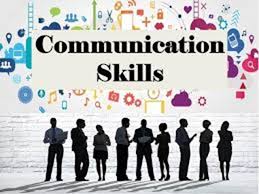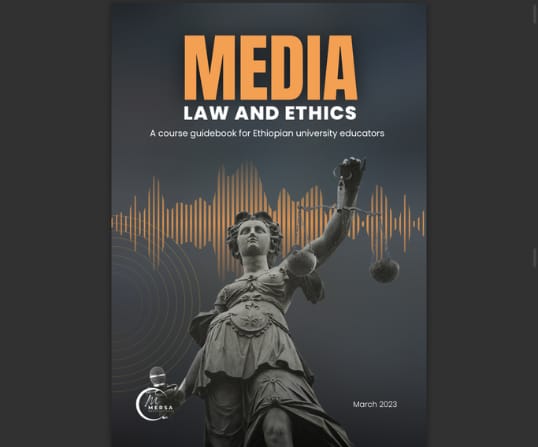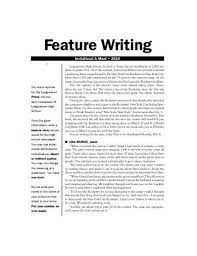
Communication is a powerful tool that impacts every aspect of your life. This course equips you with the essential skills to communicate effectively, confidently, and authentically in various situations.
Key areas of focus:
- Understanding Communication: Explore the core principles of communication, including verbal and non-verbal communication, active listening, and cultural sensitivity.
- Building Confidence: Develop the self-assurance and presence needed to communicate effectively in diverse settings, from casual conversations to public speaking engagements.
- Crafting Clear Messages: Learn the art of clear and concise communication, mastering techniques to tailor your message for specific audiences and contexts.
- Active Listening: Hone your active listening skills, enabling you to truly understand others and build strong relationships.
- Non-Verbal Communication: Decode and utilize non-verbal cues to enhance your communication effectiveness and build stronger connections.
- Conflict Resolution: Learn effective strategies for navigating conflict situations and fostering constructive communication.
- Teacher: Samuel Koech





